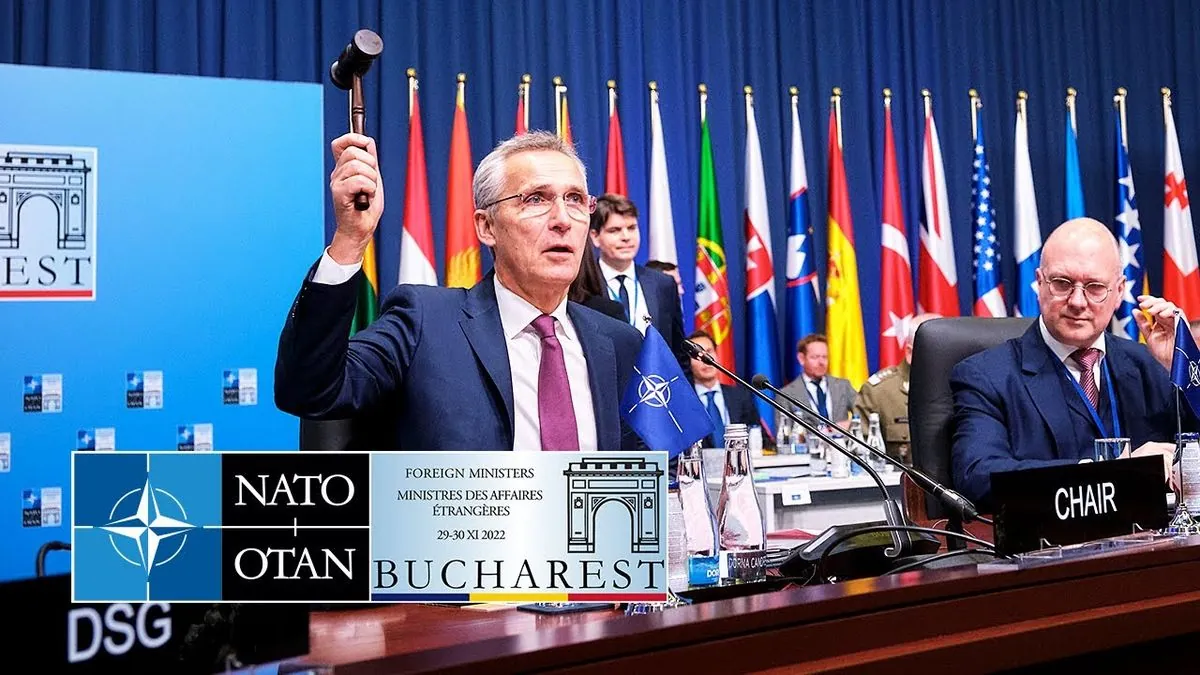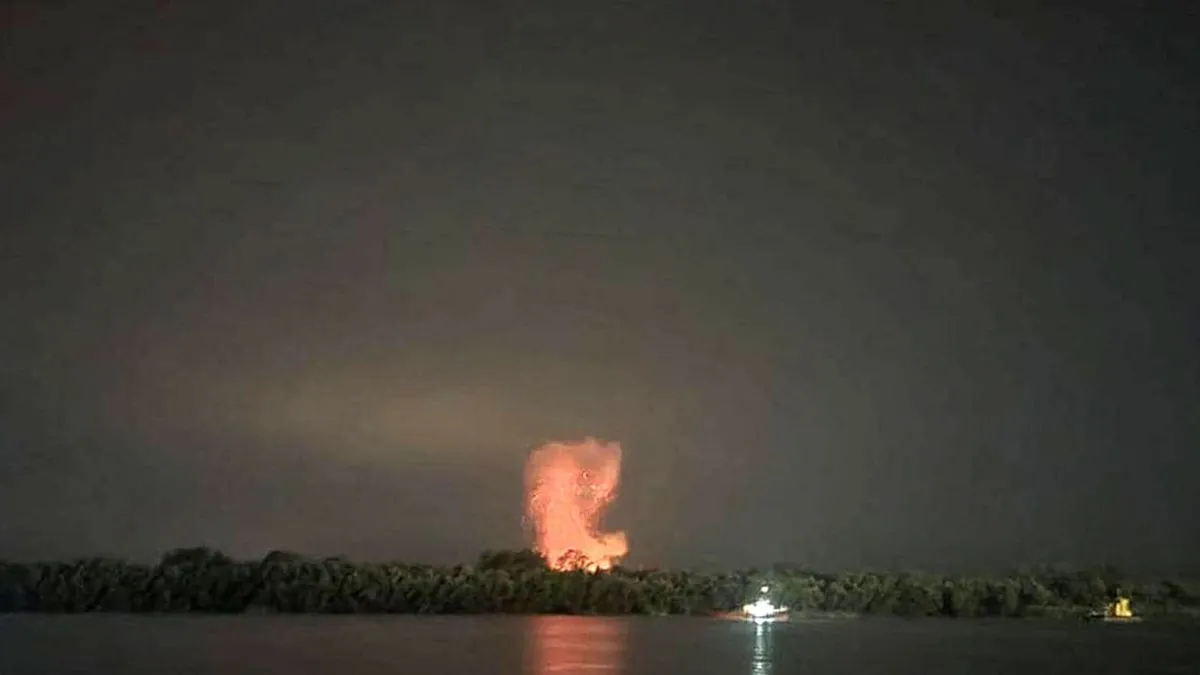NATO Eastern Flank Urges Unified Response to Russian Air Incursions
NATO's eastern members call for coordinated action against Russian airspace violations. Recent incidents prompt demands for enhanced air defense measures along the alliance's eastern border.

In a recent gathering in Bucharest, defense ministers from NATO's eastern flank nations voiced urgent concerns over repeated Russian airspace violations. The meeting, held on September 18, 2024, highlighted the need for a unified and robust response to these incursions.
Angel Tilvar, Romania's Defense Minister, emphasized the necessity of a "robust coordinated" reaction to incidents involving Russian missiles or drones entering NATO airspace. This call comes in the wake of several alarming events that have heightened tensions in the region.
Earlier in September 2024, NATO members Romania and Latvia reported Russian drones crashing within their territories after breaching their airspace. These incidents have intensified apprehensions among the alliance's eastern members, collectively known as the Bucharest Nine (B9). Established on November 4, 2015, the B9 group has been at the forefront of addressing security challenges in the region.

The situation escalated further when Ukraine accused Russia of using strategic bombers to strike a civilian grain vessel in Black Sea waters near Romania. This alleged attack occurred just a week before the Bucharest meeting, exacerbating concerns about Russia's activities in the area. The incident also highlighted the ongoing tensions following the end of the Black Sea grain initiative in July 2023, which had previously ensured safe passage for Ukrainian grain exports.
Tilvar stated:
"B9 states are profoundly concerned about the repeated incursions of Russia's drones and missiles in NATO air space, in Poland, Romania, Latvia, as well as escalating tensions along NATO's eastern flank. That is why a robust, coordinated response on an allied level is needed as well as enforcing the rotational air defence and integrated anti-missile model as soon as possible."
The call for enhanced air defense measures is particularly significant given NATO's long-standing commitment to airspace integrity. The alliance's Air Policing mission, initiated in 1961, has been crucial in safeguarding member states' airspace.
Pawel Zalewski, Poland's deputy defense minister, added that the upcoming NATO defense ministers meeting in October 2024 would need to address the issue of destroying drones entering allied airspace. He also noted the presence of hybrid attacks on allies and Belarus's involvement in Russian actions, highlighting the complex nature of the security challenges faced by the alliance.
Romania, sharing a 650-km border with Ukraine, has experienced multiple instances of Russian drone fragments entering its territory over the past year. This proximity to Ukrainian Danube River ports, which have been frequent targets of Russian attacks, underscores the urgency of the situation for Romania and other frontline NATO states.
As NATO approaches its 75th anniversary since its founding on April 4, 1949, the alliance faces evolving challenges that test its collective defense principle. The situation in the Black Sea region, with its strategic importance and complex geopolitical dynamics, remains a focal point for NATO's eastern members as they seek to bolster their security in the face of ongoing Russian activities.


































